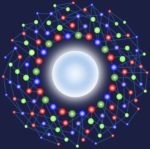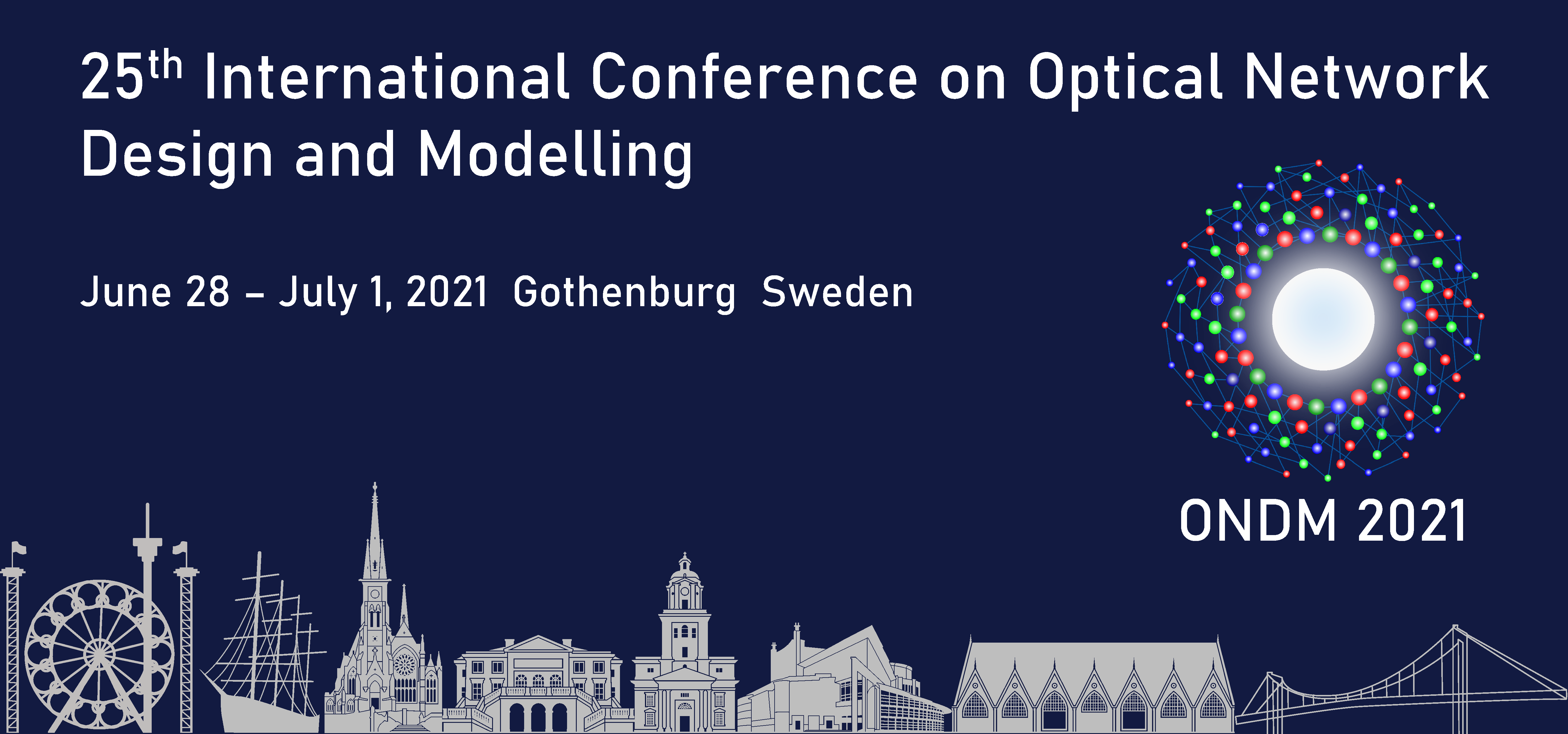COVID-19 Update
Due to the ongoing COVID-19 pandemic, the ONDM 2021 conference will be a fully virtual event. This will ensure a safe and favorable experience for all attendees.
Welcome
The 25th International Conference on Optical Network Design and Modelling (ONDM 2021) will be organized by the Chalmers University of Technology from the 28th of June to the 1st of July 2021. By featuring an interactive and dynamic program comprising workshops, keynotes, tutorials, and invited talks, as well as high-quality contributed talks, ONDM 2021 will serve as a platform to divulge into hot and emerging areas of optical networking.
ONDM 2021 addresses cutting-edge research in established areas of optical networking and their adoption in support of a wide variety of new services and applications. This includes the most recent trends such as 5G and beyond; data-centre networking; Internet of things; cloud/edge computing; content delivery; big data, data analytics, network telemetry, and real-time monitoring; autonomic networking; artificial intelligence / machine learning assisted networks; visible light networks; and quantum secured networks.
Selected ONDM2021 papers will be considered for publication in the IEEE/OSA Journal of Optical Communications and Networking (JOCN) ONDM2021 Special Issue, to be published in Spring 2022.
For all the above reasons, ONDM 2021 is a great opportunity for sharing your latest academic and industrial research on optical networking.
We look forward to receiving your submissions, and to your participation!
Paolo Monti and Marija Furdek
ONDM 2021 General Chairs

